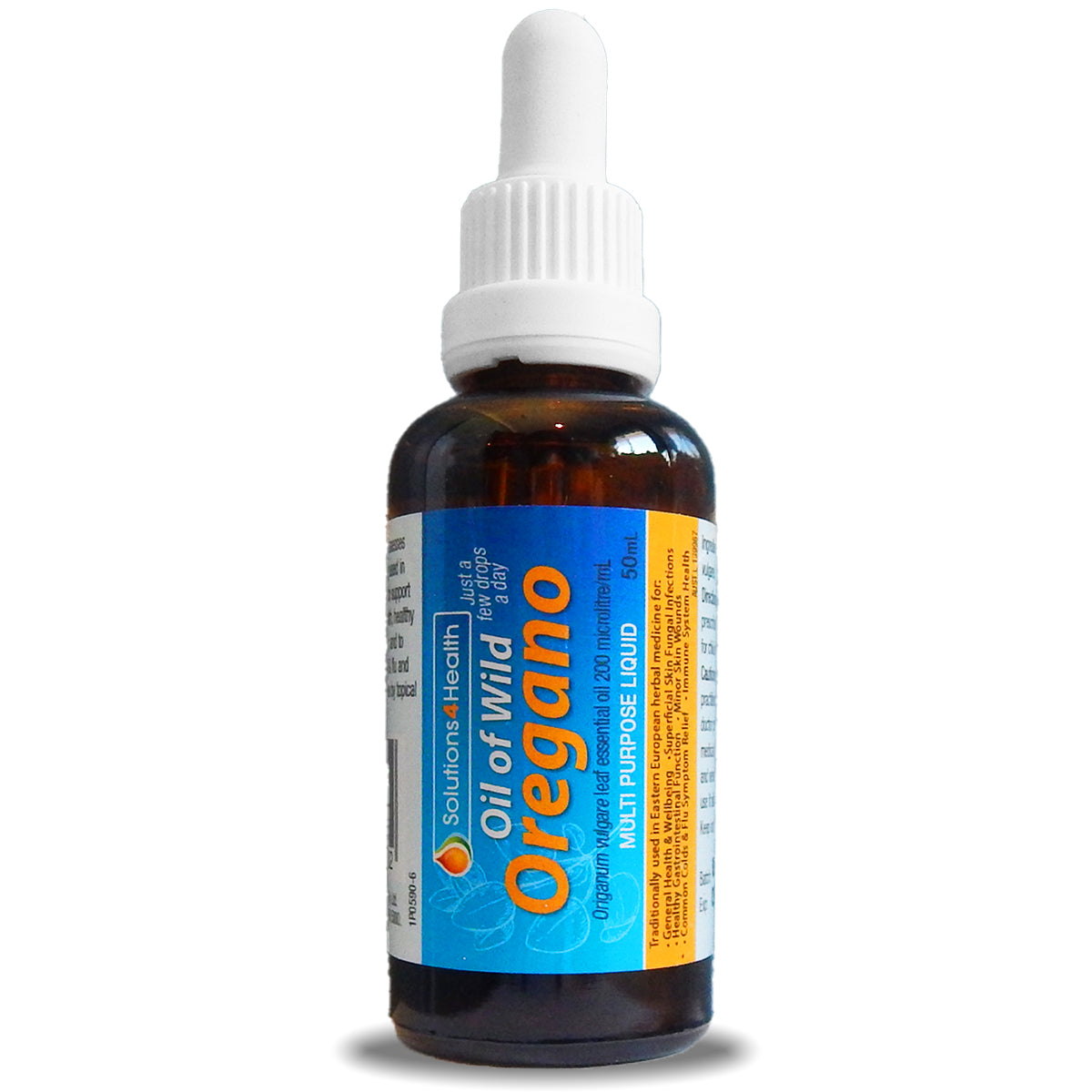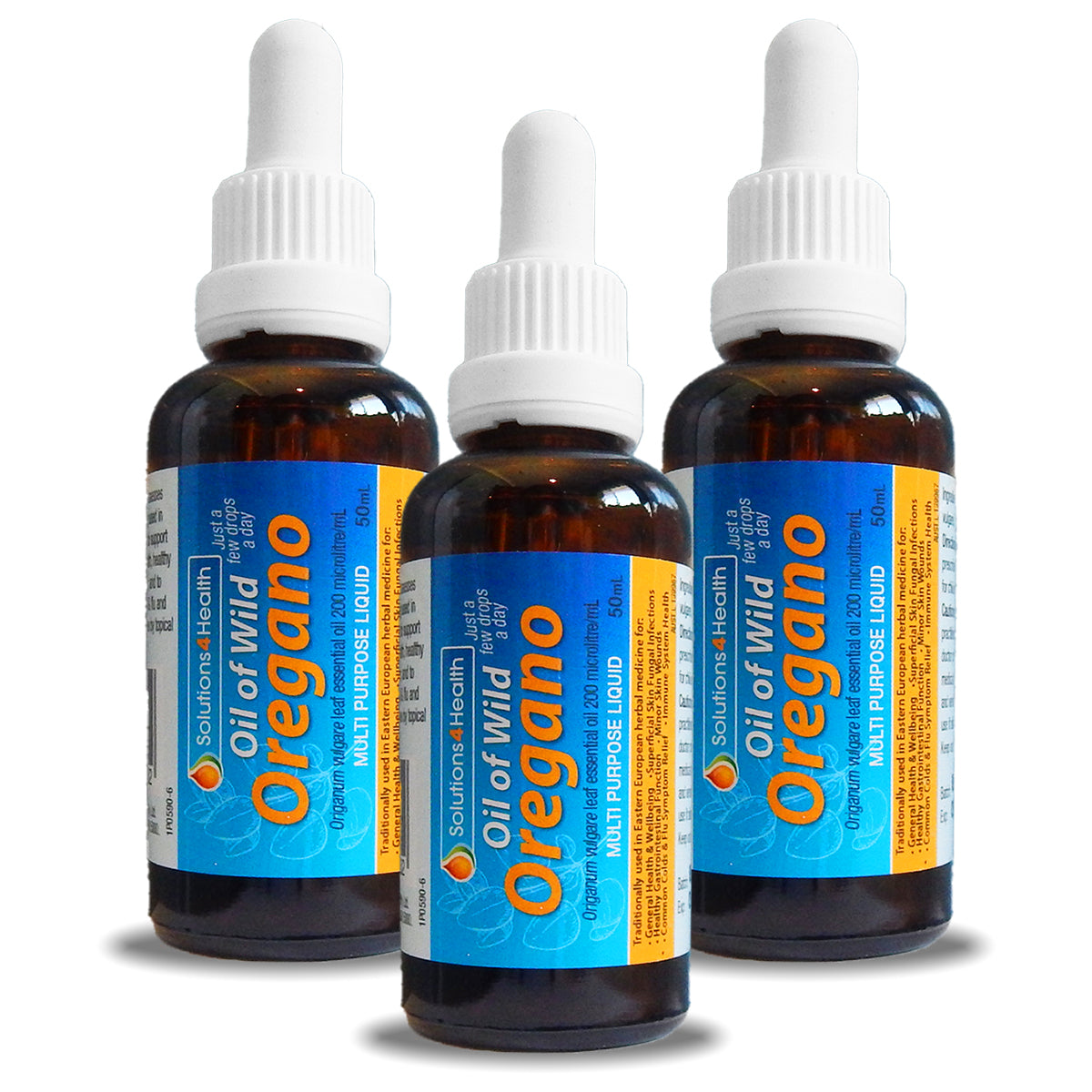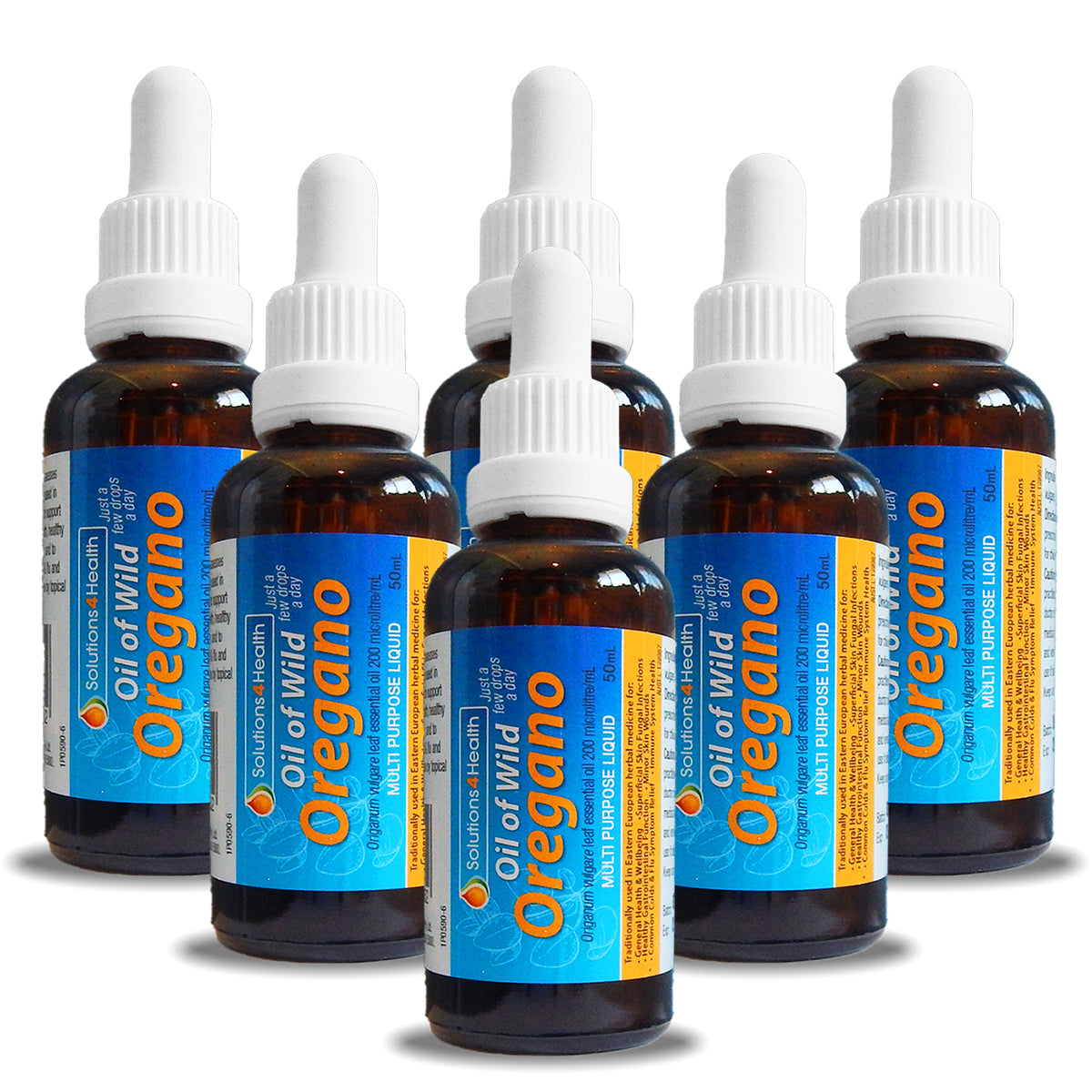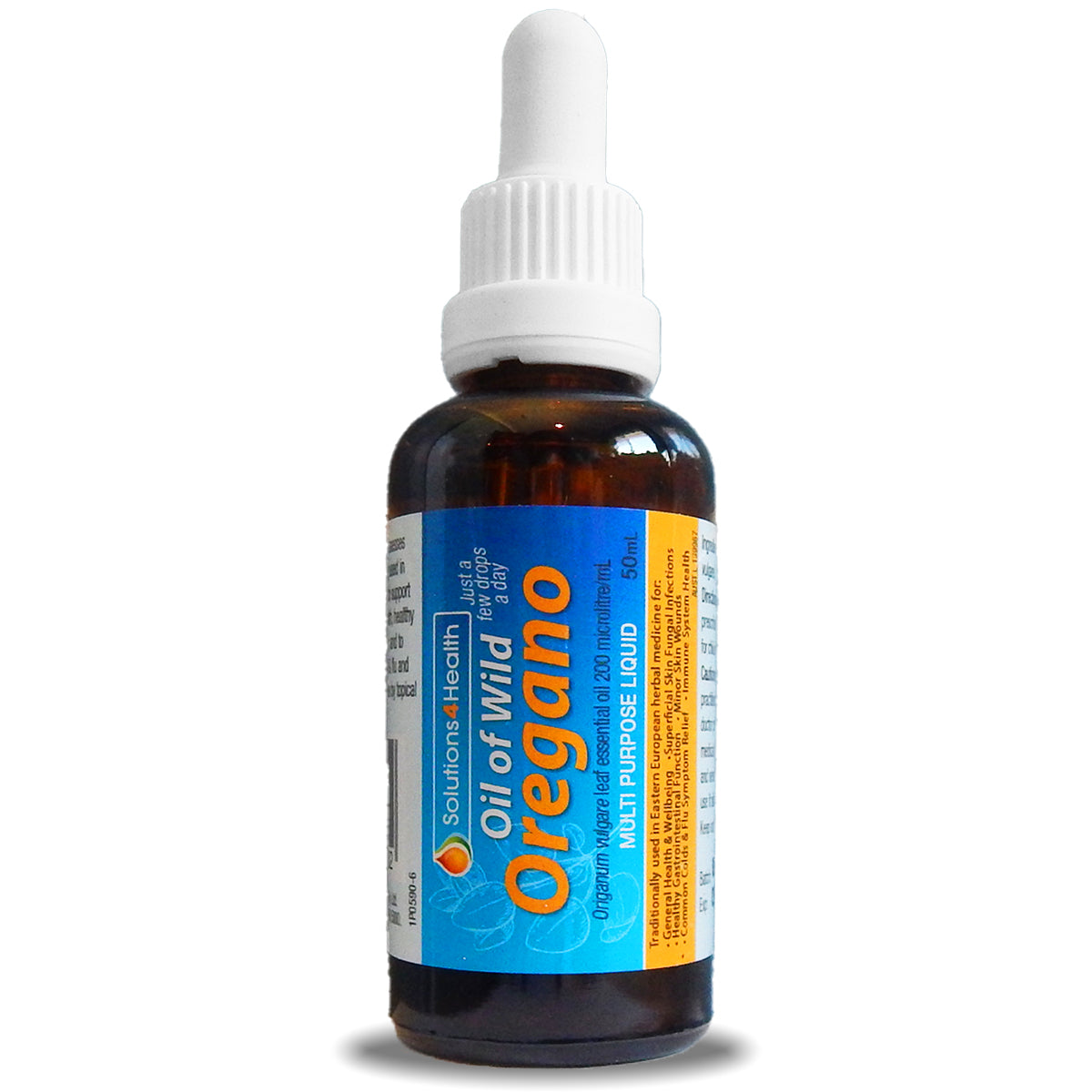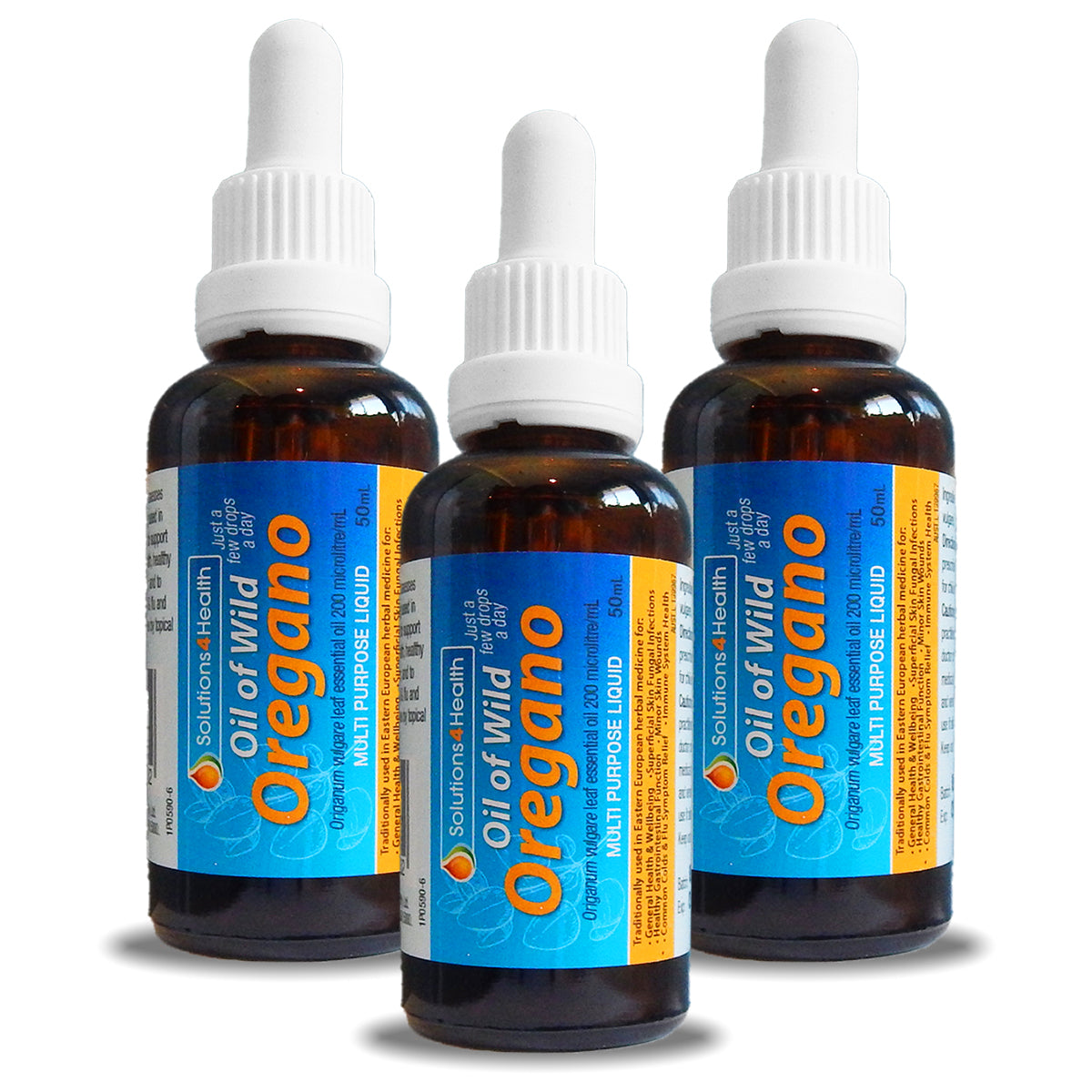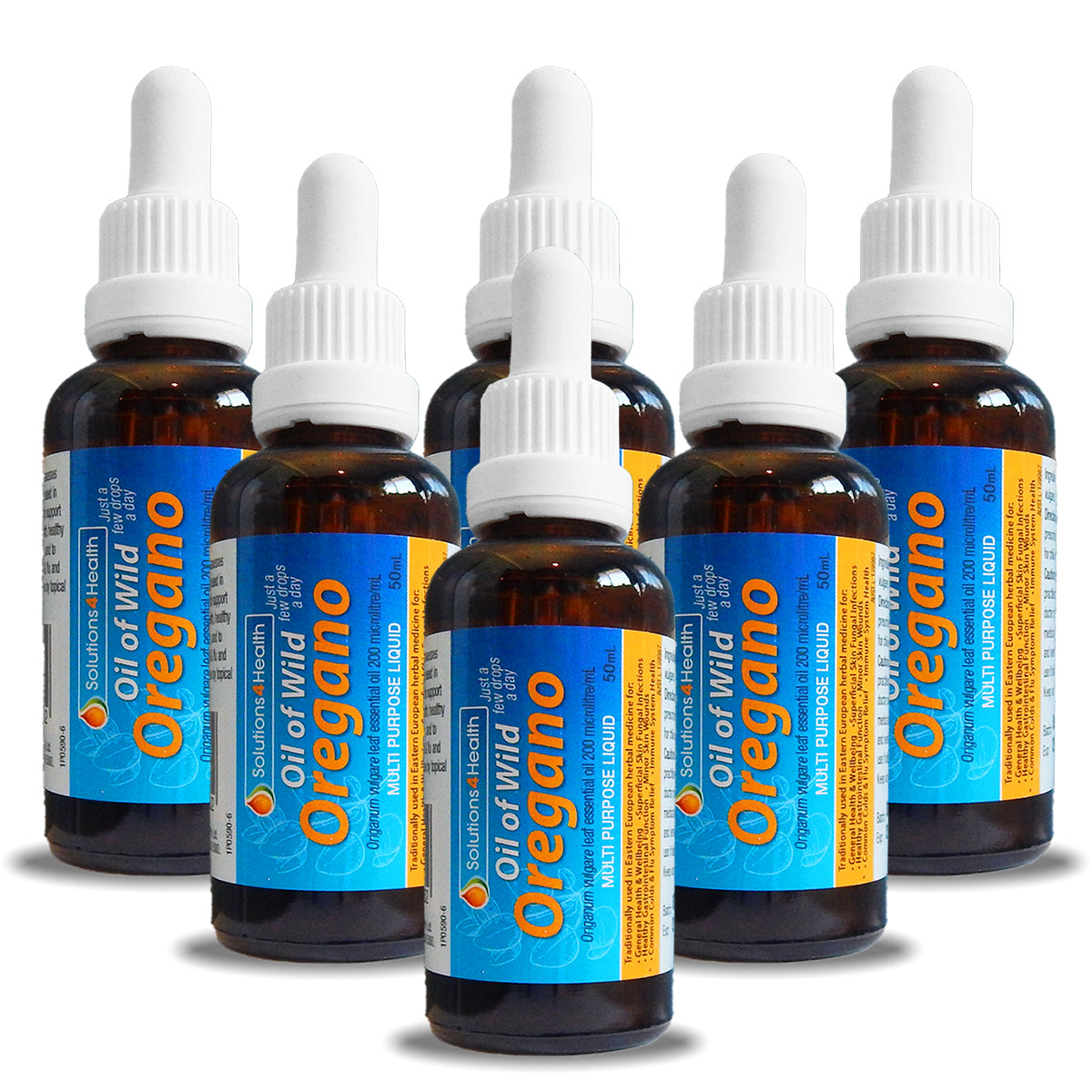Your immune system is a powerful shield that defends your body against harmful invaders. To keep it strong and resilient, adopting natural methods to boost your immune system is essential. We'll explore effective strategies to naturally enhance your immune response and keep you feeling healthy and vibrant. Let's dive in and discover the secrets to boosting your immune system naturally!
Nourish Your Body with a Balanced Diet
A well-balanced diet plays a crucial role in supporting a strong healthy immune system. Include a variety of nutrient-dense foods such as fruits, vegetables, whole grains, lean proteins, and healthy fats in your meals (1). These foods provide a wide range of vitamins, minerals, and antioxidants that promote immune function. Focus on incorporating immune-boosting foods like citrus fruits, berries, leafy greens, garlic, and ginger into your daily meals.
Get Your Zzz's: Prioritize Quality Sleep
Adequate sleep is vital for maintaining a robust immune system. Aim for 7-9 hours of quality sleep each night to allow your body to restore and rejuvenate itself (2). During sleep, your immune system produces cytokines, proteins that help fight infection and inflammation. Establish a consistent sleep routine, create a relaxing sleep environment, and practice good sleep hygiene to optimize your immune health.
Manage Stress for a Happy Immune System
Chronic stress can have a negative impact on your immune system, making you more susceptible to infections. Implement stress management techniques like meditation, deep breathing exercises, yoga, or engaging in hobbies you enjoy (3). Find healthy ways to unwind and prioritize self-care to reduce stress levels and support your immune function.
Stay Active: Exercise for Immune Resilience
Regular physical activity not only helps maintain a healthy body but also supports your immune system. Engaging in moderate-intensity exercise, such as brisk walking, jogging, or cycling, for at least 30 minutes most days of the week can enhance immune function (4). Exercise promotes better circulation, reduces inflammation, and improves overall well-being.
Stay Hydrated: Water is Your Immune System's Best Friend
Proper hydration is often overlooked but is crucial for a strong immune system. Drinking an adequate amount of water throughout the day helps flush out toxins, supports the production of lymph, and keeps mucous membranes moist and functional (5). Aim to drink at least 8 cups (64 ounces) of water daily and increase your intake during periods of increased physical activity or when you're feeling under the weather.
Harness the Power of Oregano Oil
Oregano oil has gained popularity for its immune-boosting properties. It contains compounds like carvacrol and thymol, which exhibit antimicrobial and antioxidant activities (6). Some studies show that oregano oil may help fight off certain bacteria and viruses, and in turn supporting immune health (7).
Maintain a Healthy Gut: Probiotics and Fermented Foods
Your gut health and immune system are intricately linked. Consuming probiotic-rich foods like yogurt, kefir, sauerkraut, and kimchi can help support a healthy balance of gut bacteria (8). These beneficial bacteria play a crucial role in immune function and help regulate inflammation. Additionally, fiber-rich foods like fruits, vegetables, and whole grains nourish your gut microbiome and support overall immune health.
A strong immune system is your body's best defense against infections and illnesses. By adopting these natural strategies, you can strengthen your immune response and improve your overall well-being. Nourish your body with a balanced diet, prioritize quality sleep, manage stress, stay active, and maintain proper hydration. Don't forget to explore the potential benefits of oregano oil and support your gut health with probiotics and fermented foods. Boosting your immune system naturally sets you on a path towards a healthier, more resilient life.
References:
1. Harvard T.H. Chan School of Public Health. (2020). Healthy Eating Plate. Retrieved from https://www.hsph.harvard.edu/nutritionsource/healthy-eating-plate/
2. Besedovsky, L., Lange, T., & Haack, M. (2019). The Sleep-Immune Crosstalk in Health and Disease. Physiological Reviews, 99(3), 1325-1380. doi:10.1152/physrev.00010.2018
3. Segerstrom, S. C., & Miller, G. E. (2004). Psychological Stress and the Human Immune System: A Meta-Analytic Study of 30 Years of Inquiry. Psychological Bulletin, 130(4), 601-630. doi:10.1037/0033-2909.130.4.601
4. Campbell, J. P., & Turner, J. E. (2018). Debunking the Myth of Exercise-Induced Immune Suppression: Redefining the Impact of Exercise on Immunological Health Across the Lifespan. Frontiers in Immunology, 9, 648. doi:10.3389/fimmu.2018.00648
5. Popkin, B. M., D'Anci, K. E., & Rosenberg, I. H. (2010). Water, Hydration, and Health. Nutrition Reviews, 68(8), 439-458. doi:10.1111/j.1753-4887.2010.00304.x
6. Baser, K. H. C. (2008). Biological and Pharmacological Activities of Carvacrol and Carvacrol Bearing Essential Oils. Current Pharmaceutical Design, 14(29), 3106-3119. doi:10.2174/138161208786404227
7. Force, M., Sparks, W. S., & Ronzio, R. A. (2000). Inhibition of enteric parasites by emulsified oil of oregano in vivo. Phytotherapy Research, 14(3), 213-214. doi:10.1002/(sici)1099-1573(200005)14:3<213::aid-ptr581>3.0.co;2-3
8. Hill, C., Guarner, F., Reid, G., Gibson, G. R., Merenstein, D. J., Pot, B., ... & Salminen, S. (2014). Expert consensus document: The International Scientific Association for Probiotics and Prebiotics consensus statement on the scope and appropriate use of the term probiotic. Nature Reviews Gastroenterology & Hepatology, 11(8), 506-514. doi:10.1038/nrgastro.2014.66

